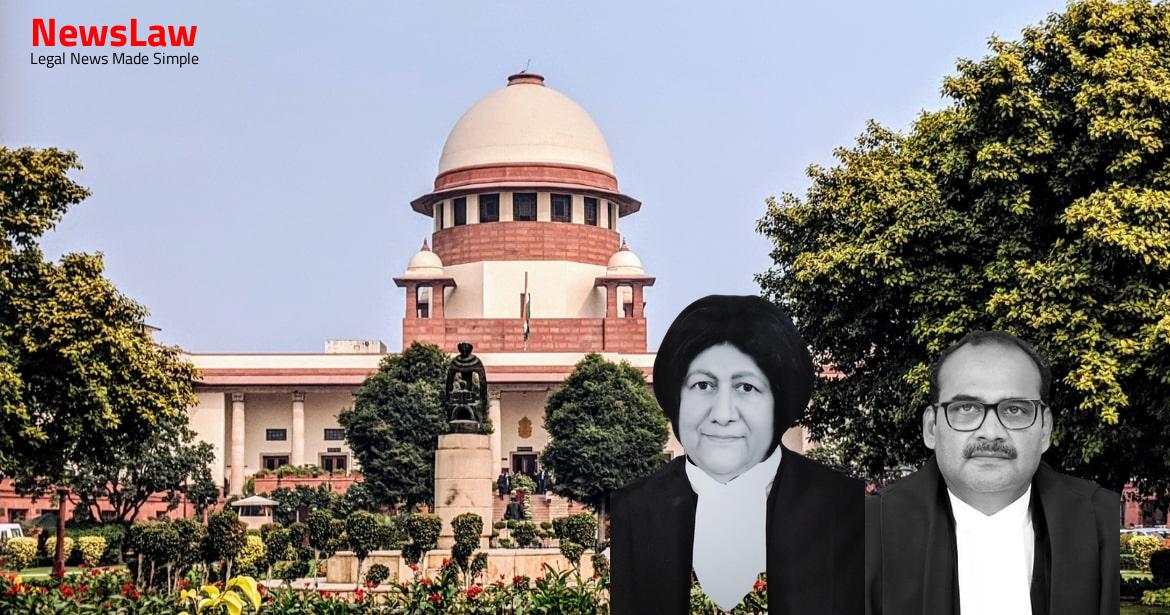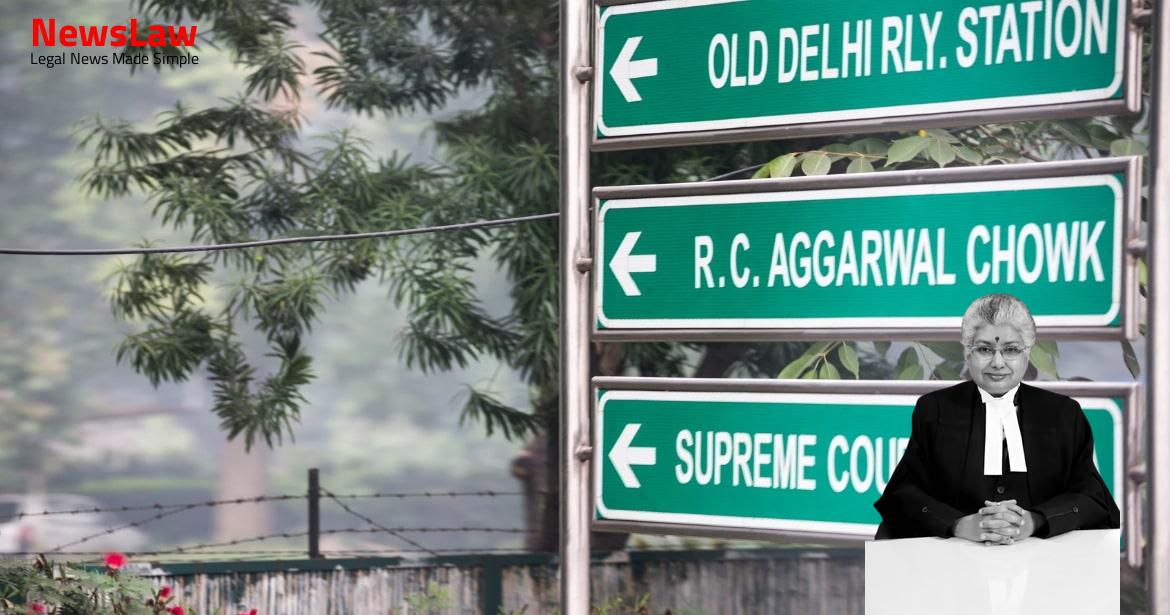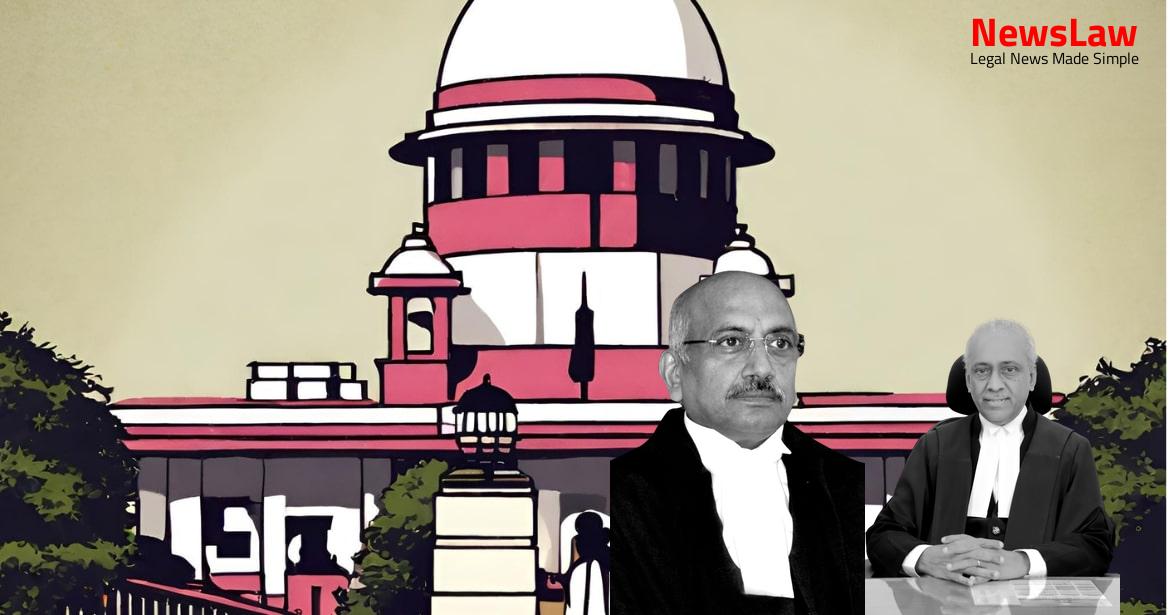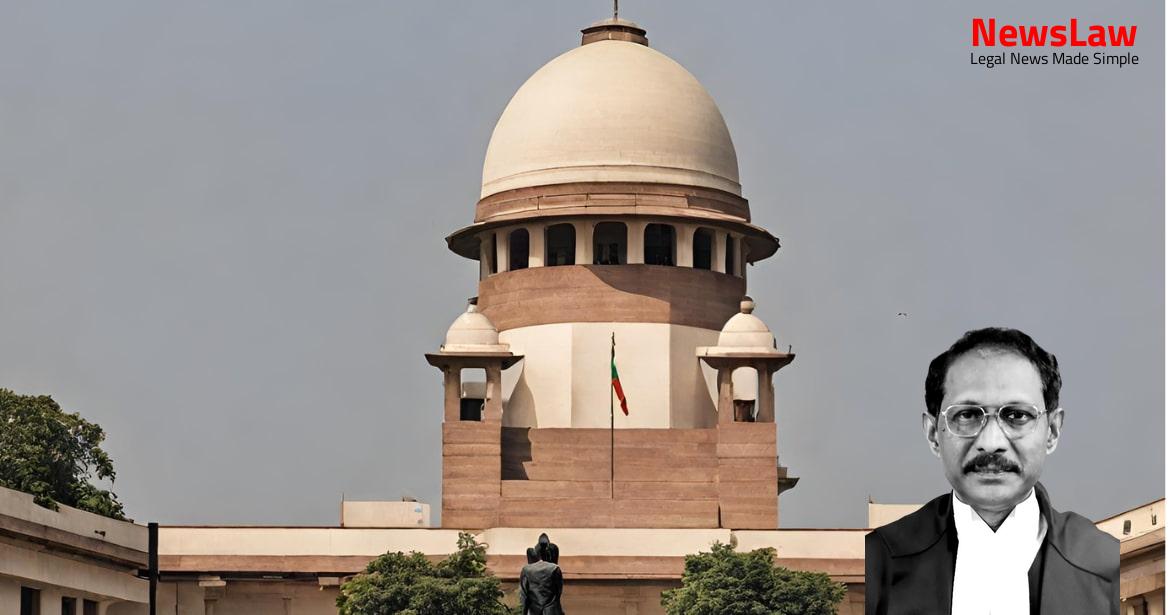Delve into a detailed legal analysis of the impact of interest rates on late payment surcharges in the electricity sector. Discover how court decisions navigate complex financial challenges faced by distribution licensees, shedding light on the nuances of power purchase agreements and regulatory frameworks. Stay tuned for insights on the evolving legal landscape and its ramifications on contractual obligations and financial stability within the industry.
Facts
- Appellant issued a notice of ‘Change in Law’ to independent power producers in 2016.
- Appellant filed a case before MERC in 2017.
- Appellant is a Distribution Licensee under the Electricity Act, 2003.
- Power Purchase Agreements were executed with Power Generating Companies in two stages.
- Reserve Bank of India introduced the Marginal Cost of Funds Based Lending Rate in 2016, replacing the Base Rate System.
- Appeal under Section 125 of the Electricity Act 2003 was filed against the judgement of APTEL.
- MERC dismissed the petition filed by the Appellant regarding the change in law related to Late Payment Surcharge.
- Introduction of Base Rate System and Marginal Cost of Funds Based Lending Rate was contested by the Appellant.
- The Power Generating Companies were collectively referred to as the ‘Power Generating Companies’.
- Base Rate System was replaced by the Marginal Cost of Funds Based Lending Rate system by RBI.
- Appellant is a bulk purchaser of electricity from generators of electricity.
Also Read: Legal Analysis on Waiving Waiting Period in Mutual Divorce Cases
Arguments
- The Appellant stated that the COVID-19 pandemic has led to losses of Rs. 7500 crores for the company.
- The financial position of the Appellant has been significantly affected by the pandemic and measures taken to help consumers.
- The Appellant is facing financial challenges that are beyond its control.
- The Appellant has been providing rebates to residential consumers for timely payments.
- The Appellant is in a precarious financial situation aggravated by interest rates for delays.
Also Read: Limitation Period Extension in IBC Case
Analysis
- The obligation to pay Late Payment Surcharge (LPS) arises from the Power Purchase Agreements.
- LPS is to be paid at the rate agreed upon in the Power Purchase Agreements.
- LPS is computed based on the Prime Lending Rate fixed as per SBAR (State Bank Advance Rate).
- Reduction of LPS rate would reward the Appellant for defaulting on obligations.
- SBAR refers to the Prime Lending Rate notified by the State Bank of India.
- In the absence of SBAR, the LPS rate may be substituted by mutual agreement.
- State Commission decisions have far-reaching consequences and should involve judicial members to decide complicated contractual or civil issues.
- The State Commission, while deciding a dispute between parties, exercises judicial power.
- The interest on delayed payment of carrying cost is not specified in the Power Purchase Agreement for LPS (Long-term Power Supply).
- The bills in question, which have been delayed in payment, are energy bills related to energy supplied to the Appellant and further supplied by the Appellant to its consumers at retail tariff.
- The energy bills raised by the Respondent Generating Companies have not been disputed by the Appellant.
- The concept of ‘substantial question of law’ is discussed, where it must be debatable, not previously settled by law, and must impact the decision or rights of the parties in the case if answered differently.
- The judgment in Jaipur Vidyut Vitran Nigam Ltd. vs. Adani Power Rajasthan Ltd. pertains to carrying costs payable by the Distribution Companies, not LPS.
- The power of courts to execute their own orders is highlighted.
- In the context of Jaipur Vidyut Vitran Nigam Ltd. vs. Adani Power Rajasthan Ltd., the interest rate was reduced by the court in exercise of its power under Article 142 of the Constitution to do complete justice.
- The State Electricity Regulatory Commissions are said to have the trappings of a court, confirmed by legal precedents.
- The courts can create workable formulas pending legislative actions to advance the goals of legislation, as seen in Gujarat Urja Vikas Nigam Limited vs. Amit Gupta and Others.
- The Court limited the interest rate in the referenced case to ensure justice.
Also Read: Legal Analysis: Search and Seizure Compliance in NDPS Act
Case Title: MAHARASHTRA STATE ELECTRICITY DISTRIBUTION COMPANY LIMITED Vs. MAHARASHTRA ELECTRICITY REGULATORY COMMISSION (2021 INSC 644)
Case Number: C.A. No.-001843 / 2021



